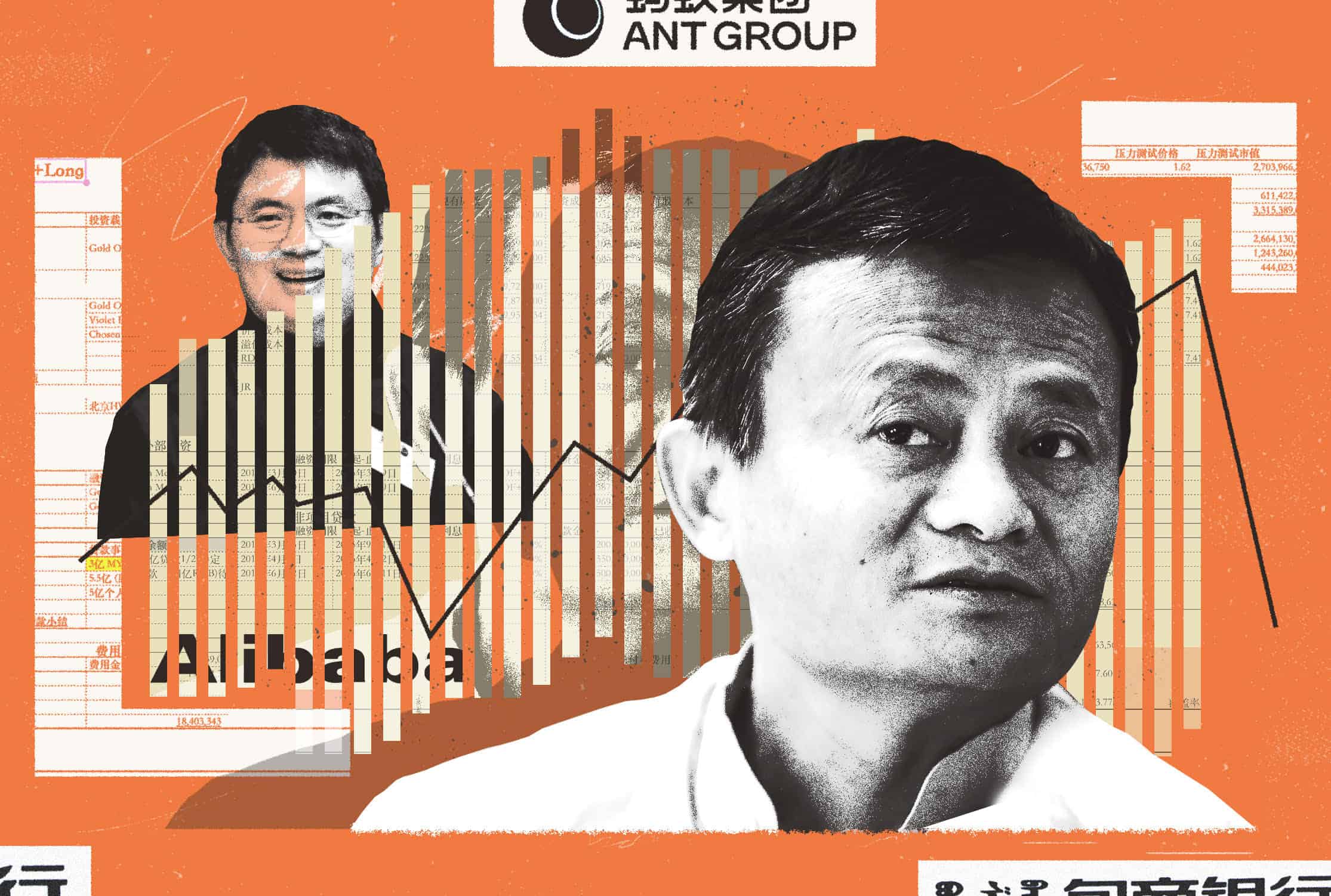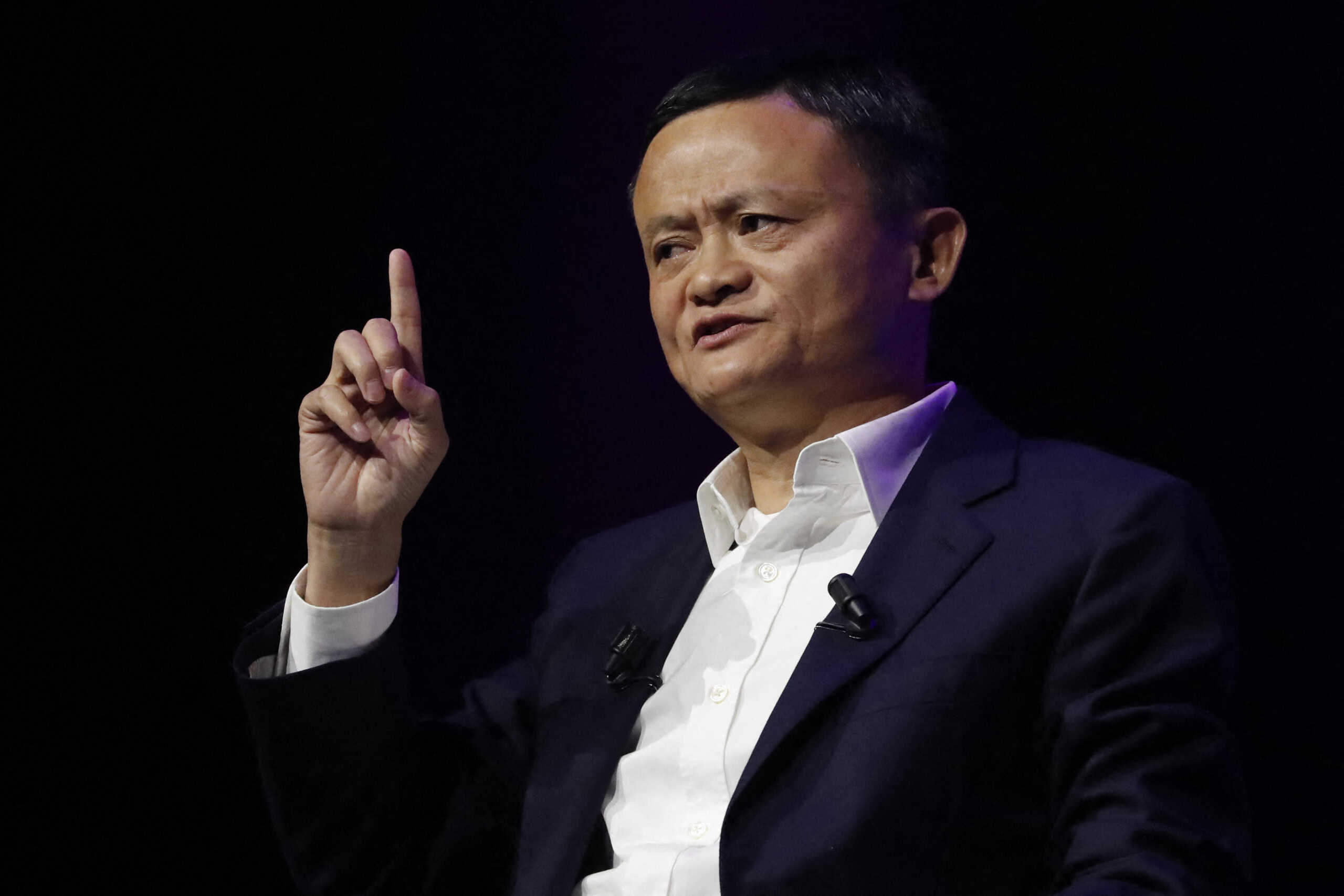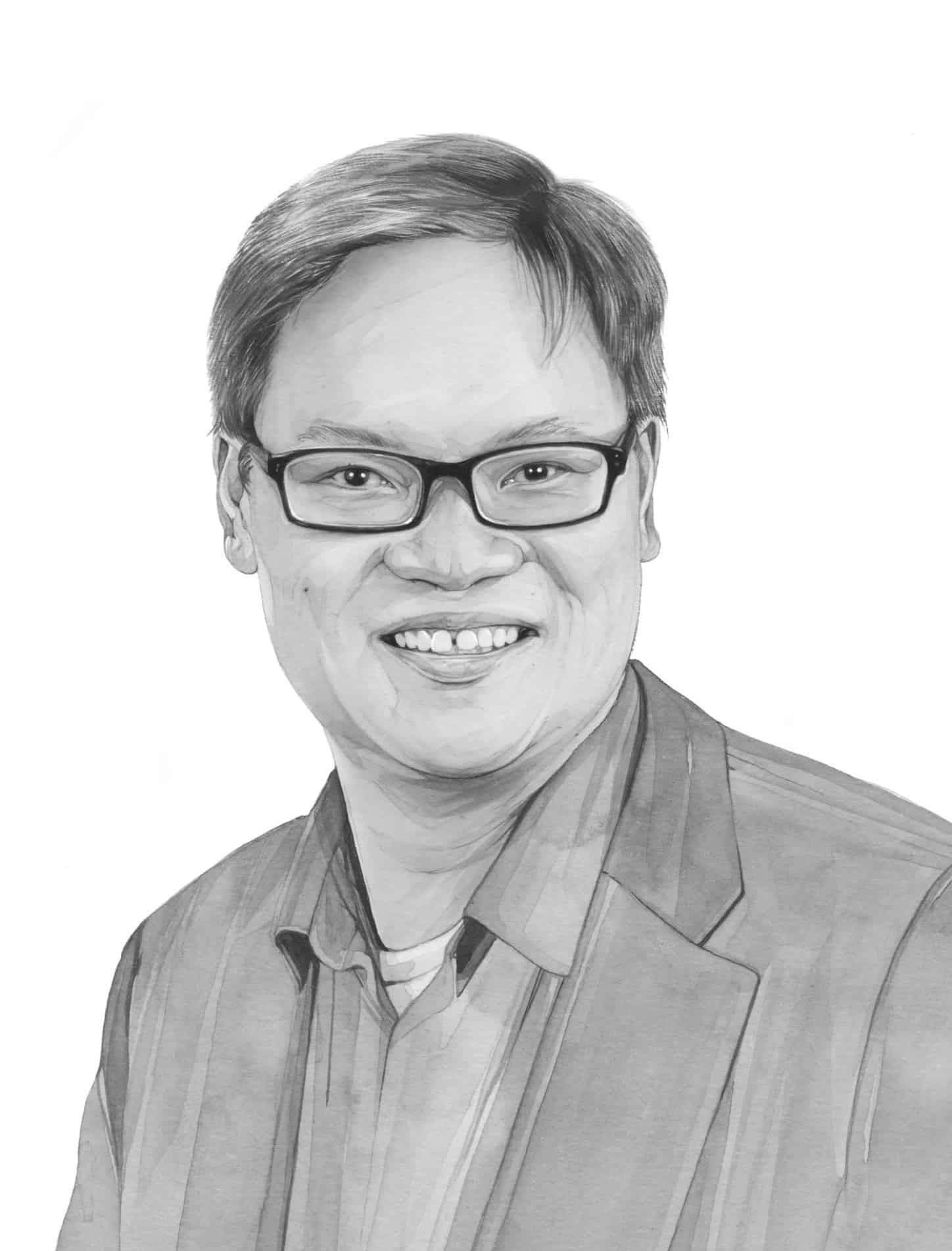Rosemary Foot is an emeritus Professor of International Relations at the University of Oxford, as well as a senior research fellow in the department of politics and international relations. Her research is focused on security and human rights issues, with particular regard to the Asia-Pacific region. In her latest book, China, the UN and Human Protection: Beliefs, Power, Image, she analyzes China's approach to and relationship with the United Nations.
Rosemary Foot.Illustration by Kate Copela
Navigate China's Business Landscape with Confidence.
- Gain visibility into supplier risks
- Easily manage trade compliance
- Conduct in-depth due diligence



